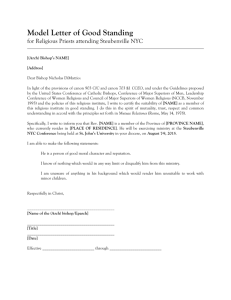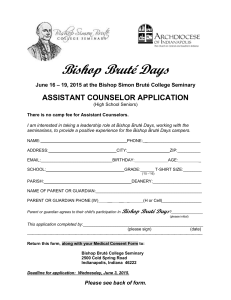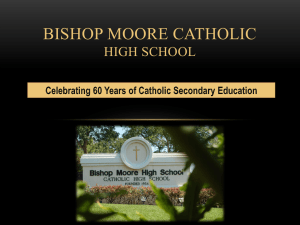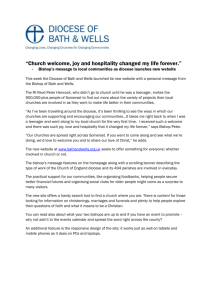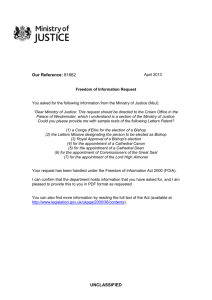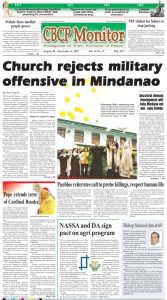Cheverus meets the Hanly Family
advertisement
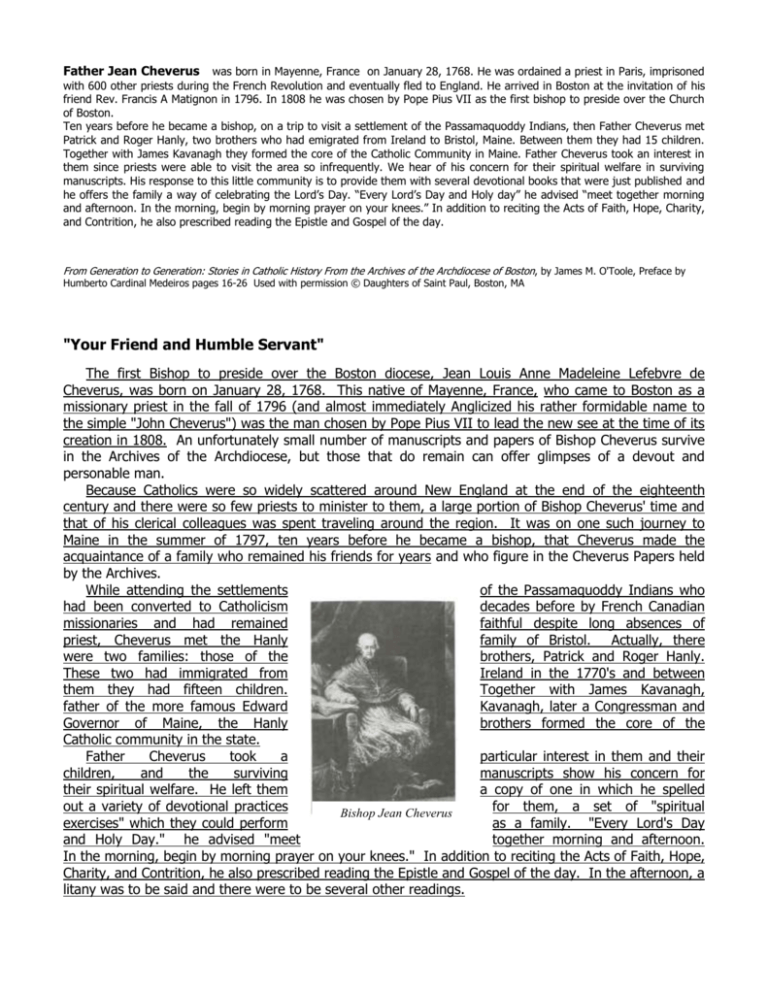
Father Jean Cheverus was born in Mayenne, France on January 28, 1768. He was ordained a priest in Paris, imprisoned with 600 other priests during the French Revolution and eventually fled to England. He arrived in Boston at the invitation of his friend Rev. Francis A Matignon in 1796. In 1808 he was chosen by Pope Pius VII as the first bishop to preside over the Church of Boston. Ten years before he became a bishop, on a trip to visit a settlement of the Passamaquoddy Indians, then Father Cheverus met Patrick and Roger Hanly, two brothers who had emigrated from Ireland to Bristol, Maine. Between them they had 15 children. Together with James Kavanagh they formed the core of the Catholic Community in Maine. Father Cheverus took an interest in them since priests were able to visit the area so infrequently. We hear of his concern for their spiritual welfare in surviving manuscripts. His response to this little community is to provide them with several devotional books that were just published and he offers the family a way of celebrating the Lord’s Day. “Every Lord’s Day and Holy day” he advised “meet together morning and afternoon. In the morning, begin by morning prayer on your knees.” In addition to reciting the Acts of Faith, Hope, Charity, and Contrition, he also prescribed reading the Epistle and Gospel of the day. From Generation to Generation: Stories in Catholic History From the Archives of the Archdiocese of Boston, by James M. O'Toole, Preface by Humberto Cardinal Medeiros pages 16-26 Used with permission © Daughters of Saint Paul, Boston, MA "Your Friend and Humble Servant" The first Bishop to preside over the Boston diocese, Jean Louis Anne Madeleine Lefebvre de Cheverus, was born on January 28, 1768. This native of Mayenne, France, who came to Boston as a missionary priest in the fall of 1796 (and almost immediately Anglicized his rather formidable name to the simple "John Cheverus") was the man chosen by Pope Pius VII to lead the new see at the time of its creation in 1808. An unfortunately small number of manuscripts and papers of Bishop Cheverus survive in the Archives of the Archdiocese, but those that do remain can offer glimpses of a devout and personable man. Because Catholics were so widely scattered around New England at the end of the eighteenth century and there were so few priests to minister to them, a large portion of Bishop Cheverus' time and that of his clerical colleagues was spent traveling around the region. It was on one such journey to Maine in the summer of 1797, ten years before he became a bishop, that Cheverus made the acquaintance of a family who remained his friends for years and who figure in the Cheverus Papers held by the Archives. While attending the settlements of the Passamaquoddy Indians who had been converted to Catholicism decades before by French Canadian missionaries and had remained faithful despite long absences of priest, Cheverus met the Hanly family of Bristol. Actually, there were two families: those of the brothers, Patrick and Roger Hanly. These two had immigrated from Ireland in the 1770's and between them they had fifteen children. Together with James Kavanagh, father of the more famous Edward Kavanagh, later a Congressman and Governor of Maine, the Hanly brothers formed the core of the Catholic community in the state. Father Cheverus took a particular interest in them and their children, and the surviving manuscripts show his concern for their spiritual welfare. He left them a copy of one in which he spelled out a variety of devotional practices for them, a set of "spiritual Bishop Jean Cheverus exercises" which they could perform as a family. "Every Lord's Day and Holy Day." he advised "meet together morning and afternoon. In the morning, begin by morning prayer on your knees." In addition to reciting the Acts of Faith, Hope, Charity, and Contrition, he also prescribed reading the Epistle and Gospel of the day. In the afternoon, a litany was to be said and there were to be several other readings. To assist in the conduct of these ad hoc services, Cheverus left behind several devotional books that were just beginning to appear. The principle supplier of these was a Philadelphia printer, Matthew Carey. Besides producing the first Catholic edition of the Bible in this country, Carey also published prayer books, hymnals, and other spiritual works with such titles as The Garden of the Soul and The Poor Man's Catechism. Father Cheverus seems to have been especially fond of the latter volume, and recommended to the Hanly family that they read and study at least one chapter from it every Sunday, morning and afternoon. The great problem, of course, was that priests were able to visit the area so infrequently. Thus Cheverus reminded them that they could not attend the services of other denominations, a practice several Catholic families had apparently tried in an attempt to have some contact with a more recognizable church service. "The Catholic Church commands you," Cheverus wrote, "to have charity for all men, to pray for salvation of all, and to do good to everyone, according to your power, let his Religion be what it will." But he also warned them of the Church's prohibition against attending "the public worship of any society separated from her." Instead, he advised them to "be well prepared for Confession and Communion against the next time you will have a Priest with you." A year later, in July 1798, he sent them similar advice on how to maintain their faith. "Love God and serve Him with all your heart; obey your parents' live friendly with one another and avoid sin as the most dreadful of all evils. Remember me in your prayers; I assure you I shall not forget you in mine." At other times over the years of his increasing responsibilities, including his elevation to the episcopate, Cheverus continued to write to the Hanly's and to visit them when he could. In one of the last letters of Cheverus that survives and is preserved in the Archives, the Bishop, soon to return to his native France where he would eventually be given the rank of Cardinal, summed up this deeply felt aspect of his personality. Writing to Roger Hanly on January 18, 1815, because he had learned of the illness of two of the family's children, he said: "Piety furnishes us with comforts in all our tribulations." The letter was signed simply: "Your friend and humble servant, John, Bishop of Boston."
